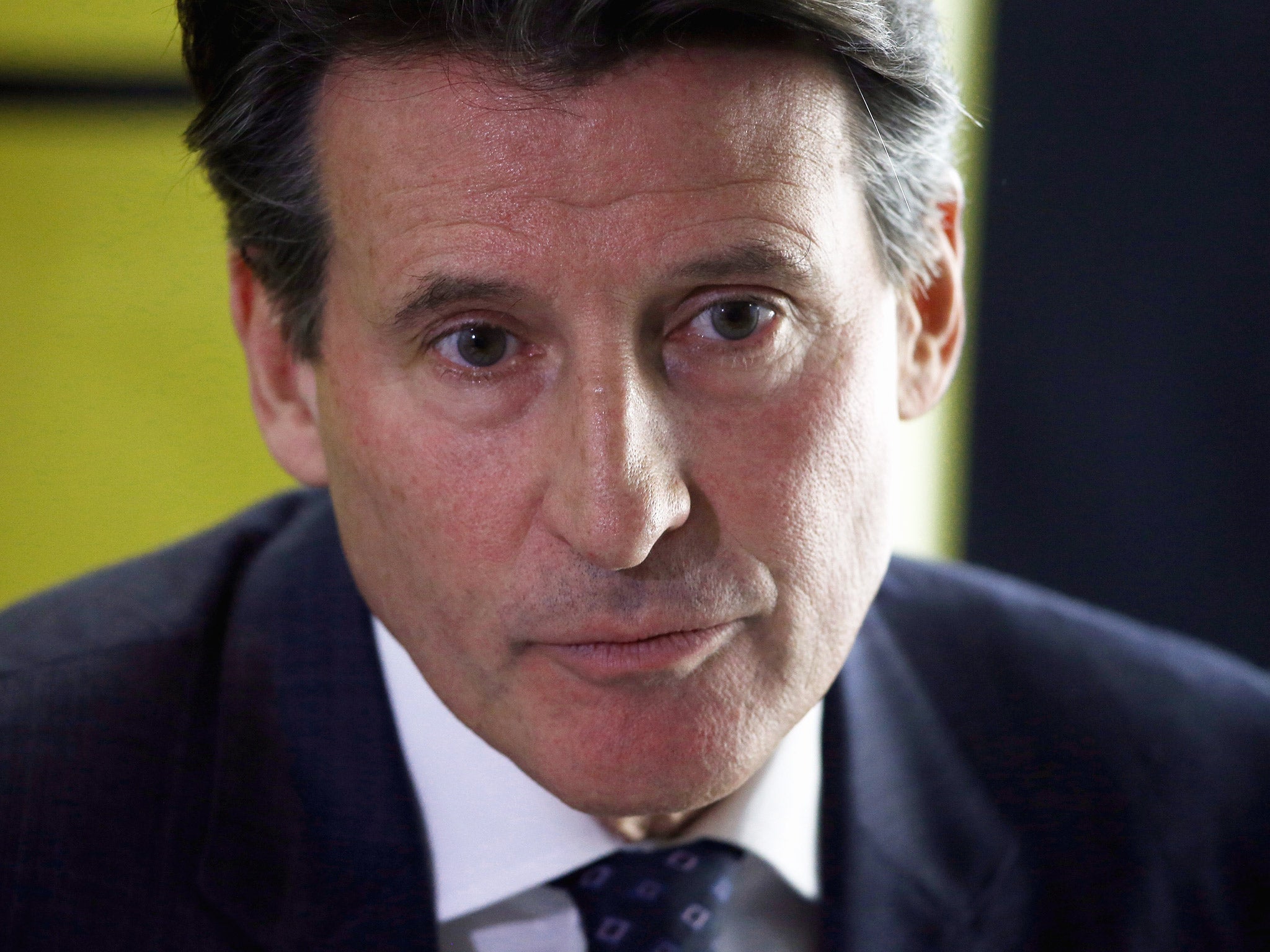The governing body of athletics has revealed that it will only be testing one in three athletes at the World Championships, which start in Beijing on Saturday, instead of all the participants, in spite of the ongoing furore over the sport’s drug-testing policies.
The International Association of Athletics Federations took a blood sample of every athlete at the previous two World Championships, at Daegu in 2011 and in Moscow two years ago, but in China it will only test 600 or 700 competitors as part of a new system of targeting specific elite athletes, instead of blanket-testing the entire field of around 1,900.
It revealed to the The Guardian that the “core testing” began six months ago, insisting that it was more effective to target athletes while they were in training.
The body issued a statement which said: “The most important time to be testing many of the athletes is during the off-season when the heavy training loads are taking place. That approach is no secret – but it is often easier for sports to simply pile on the tests during the event itself and claim a successful anti-doping programme. The reality is far from it. The testing in Beijing is important – but nowhere near as important as a truly non-notice out-of-competition programme conducted during the preceding six months or longer.”
The IAAF said it tested all athletes at the last two Worlds because it was establishing the information needed to produce a blood passport, which had proved a useful resource in the fight against doping.
The reduction in the scale of testing will provoke dismay in the current climate. The IAAF is still reeling from revelations in The Sunday Times that a database of 12,000 samples from 5,000 athletes, leaked from within the IAAF, showed suspicious tests – with experts claiming a third of medals in endurance events at the Olympics and Worlds, between 2001 and 2012, were won by athletes with abnormal readings in their blood passport.
The IAAF subsequently admitted that 28 athletes are facing disciplinary action after their urine samples from the 2005 and 2007 Worlds were analysed for a second time.
The president of European Athletics, Svein Arne Hansen, said: “It is clear our members feel there needs to be more proactive communication from the IAAF. They also say that if there is anything more our sport can do to get a handle on this issue, it should be done as soon as possible.
“I think we need to expand the fight and our dialogue beyond new rules and the number of doping control tests carried out.”
Subscribe to Independent Premium to bookmark this article
Want to bookmark your favourite articles and stories to read or reference later? Start your Independent Premium subscription today.


Join our commenting forum
Join thought-provoking conversations, follow other Independent readers and see their replies